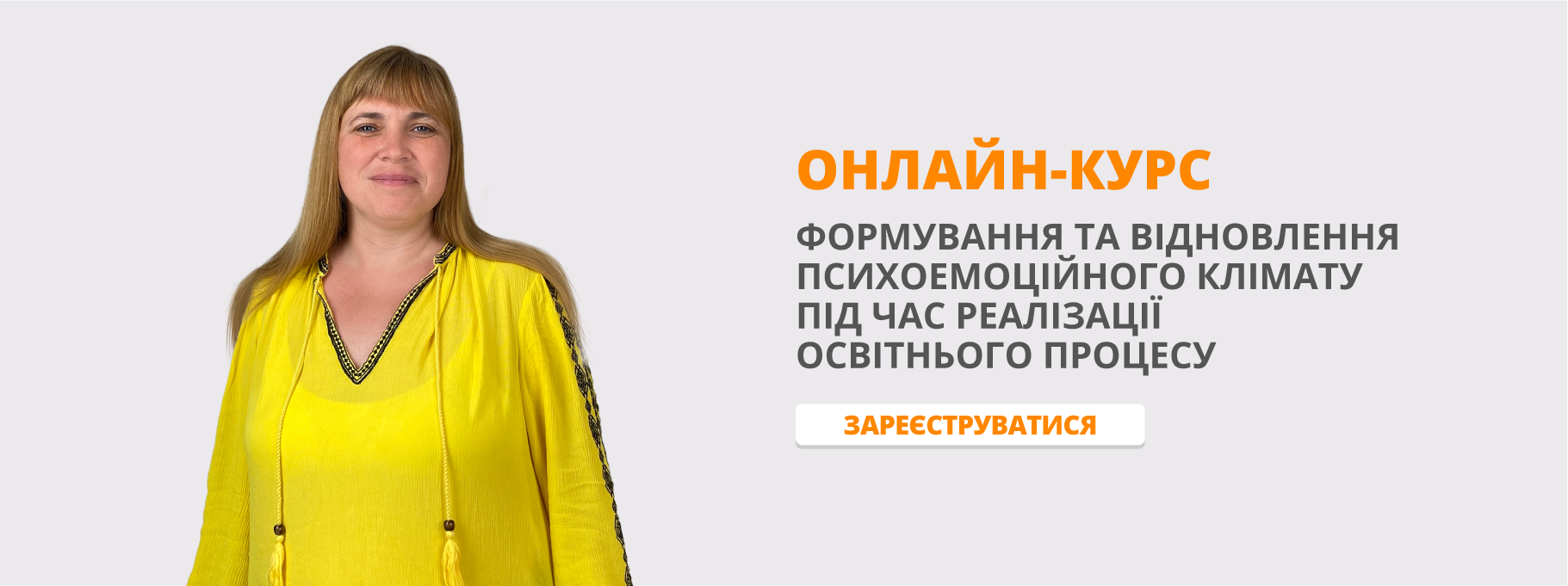Конспект уроку "The British Council" до підручника Англійської мови В.Буренко, 11 клас, рівень стандарту
The British Council
Objectives:
- to introduce and practice the new topic;
- to present new vocabulary on the topic;
- to improve students’ reading and speaking skills;
- to develop students’ communicative competence;
- to develop students’ grammar skills (Present and Past Participle);
- to activate thinking imagination;
- to encourage understanding and tolerance to others;
- to broaden students’ outlook;
- to understand the necessity of protecting nature;
- to encourage students’ understanding of importance of studying;
- to develop self-esteem and a sense of respect for others.
Outcomes: by the end of the lesson students will be able:
- to use the words of the topic in oral speech;
- to express their personal attitude to the position of Ukraine in the world;
- to discuss the relationships between Ukraine and the British Council;
- to discuss the questions using arguments;
- to read and understand texts;
- to give the definitions of the words.
Procedure
1. Warm-up
Ex.1 p.134
Read and discuss these quotations. What is the gist of these quotations?
Give your reasons.
A great deal of world politics is a fundamental struggle, but it is also a struggle that has to be waged intelligently. (Zbigniew Brzezinski)
International politics, like all politics, is a struggle for power. (Hans J. Morgenthau)
The key to resolving international conflict with a positive outcome includes looking for a win-win situation, finding common ground, formulating proactive strategies, using effective negotiation and communication, and appreciating cultural differences. (Amit Ray)
2. Vocabulary
Ex.2 p.134
Listen and read the new words and their definitions.
1. inclusion n the action of including or being included in a group or structure
2. integration n the action or process of successful joining a group or society
3. proactive adj taking actions by causing changes rather than just responding to changes when they happen
4. to foster v to encourage smth to develop
3. Speaking
Make some sentences with the words above.
4. Listening
Ex.3 p.134
Listen to the text and decide if these statements are true or false.
1. The British Council is the United Kingdom’s international organization.
2. The British Council was founded in 1990.
3. It supports the development of long-lasting and mutually-beneficial cultural relations between the UK and Ukraine.
4. Some more organizations were established to foster relations between Ukraine and the UK.
5. Reading and speaking
Ex.4 p.134
Read a pupil’s story about an excursion to the British Council and answer the questions.
6. Speaking
Ex.5 p.135
Work in pairs. Discuss the advantages and disadvantages of the British Council in Ukrainian cities. Present your ideas to the classmates.
This information can help you:
- main areas of activities of the British Council: innovative science, learning opportunities, creative arts, a reform in education, democracy, society, EU integration, cultural diversity and tolerance;
- 600 million people are connected with the British Council every year;
- hundreds of events have been held in science, taking into consideration European integration, sustainable development, education and arts together with various Ukrainian and British governmental organizations, educational establishments, international institutions and enterprises.
7. Grammar
Ex.6 p.135
Read and choose the correct words to complete defining and non-defining relative and participle clauses.
Present and Past Participles as Adjectives
Some participles can be used as adjectives in the present or past form.
Present Participle: Verb + ing
Past Participle: Verb in the 3rd form/+ ed
The Present Participle is usually used to describe a person, thing or situation that causes a feeling.
It was such a boring movie.
In the library he found a very interesting book about space.
The Past Participle is usually used to show how a person feels about someone or something.
I got bored while watching that movie.
He is interested in space.
8. Summary
Ex.7 p.136
Read and choose the correct adjectives to complete the sentences.
8. Homework
Ex.8 p.136
Share your impressions about your excursion to any international organization.
Include the following:
- the reason for going on an excursion;
- the activities of the organization;
- your suggestions.


про публікацію авторської розробки
Додати розробку
